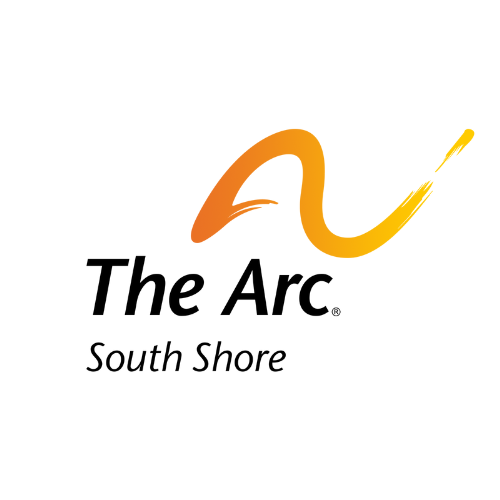One of the most important functions of business records is to prepare you (or your accountant) for filing tax returns.
To help make things easier for yourself, you may want to set up a record-keeping system that captures information in a way that matches the demands of the IRS.
If you are a sole proprietor, you’ll want to familiarize yourself with the requirements for completing Form 1040, Schedule C.
Here are some tax considerations to remember in relation to your record-keeping system design (for more information, see IRS Publication 334, “Tax Guide for Small Business”):
- If your small business is one that carries no inventory, then you can generally use the cash method of accounting.
- If you produce, purchase, or sell merchandise, you typically must keep an inventory and use the accrual method of accounting. However, there are exceptions to this rule if you are a “qualifying taxpayer” or a “qualifying small business taxpayer.” You are a qualifying taxpayer if your average annual gross receipts are $1 million or less and your business is not a tax shelter. You are a qualifying small business taxpayer if your average annual gross receipts are less than $10 million; you are not prohibited from using the cash method as defined by Section 448 of the Internal Revenue Code; and your business is an eligible business as defined in IRS Publication 538.
- The business-related portion of deductible car or truck expenses may be the actual expenses incurred (including gas, oil, tires, repairs, insurance, depreciation, and rent or lease payments), or you may elect to take the standard mileage rate.
- Small businesses may elect under IRC Section 179 to expense the cost of qualified property, rather than recover such costs through depreciation deductions.
- You may deduct any contributions to employee benefit plans (such as health insurance plans and other fringe benefits) or contributions to pension or profit-sharing plans that are for the benefit of employees.
- You may deduct the cost of business supplies purchased during the tax year.
- You may deduct the cost of utilities associated with business use.
- You can deduct professional fees, such as those paid to your accountant.
Remember to save any records and underlying documentation, such as invoices or receipts, relevant to your tax return for at least three years. And don’t hesitate to talk with your accountant or tax advisor for more guidance.
Robert Martin, CCSCS, CIMA, is an Infinex Investment Executive at Cape Cod Financial Services at The Cooperative Bank of Cape Cod. He can be reached at 508.568.1250 or rmartin@infinexgroup.com.



























